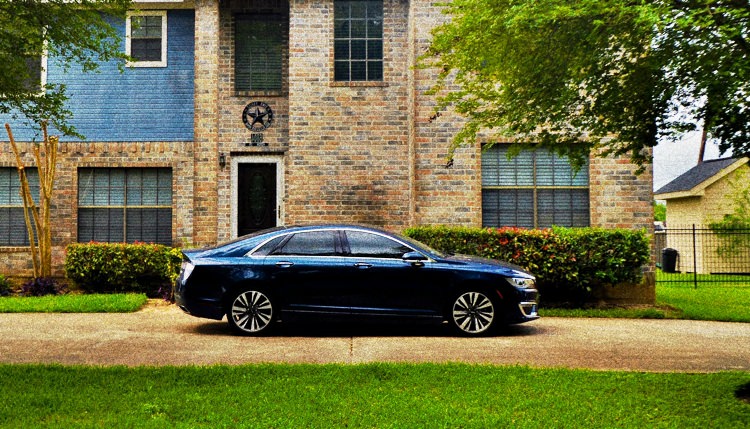Court Clarifies Need for Stay Relief to Repossess Vehicle
Posted by David Falvey on Monday, April 28th, 2025 - 31 views
 Even after a bankruptcy discharge, secured creditors may still need court permission to repossess estate property. In In re Laurion, the Connecticut Bankruptcy Court explains why a lender had to seek stay relief to recover a vehicle, and how debtor nonpayment and lack of equity supported the court’s decision. Essential reading for lawyers navigating post-discharge enforcement and stay issues.
Even after a bankruptcy discharge, secured creditors may still need court permission to repossess estate property. In In re Laurion, the Connecticut Bankruptcy Court explains why a lender had to seek stay relief to recover a vehicle, and how debtor nonpayment and lack of equity supported the court’s decision. Essential reading for lawyers navigating post-discharge enforcement and stay issues.
Case Facts
Samuel and Heather Laurion filed for Chapter 7 bankruptcy on June 5, 2024. Before filing, Samuel Laurion had taken out a loan from CorePlus Federal Credit Union to purchase a 2016 Dodge Ram 1500, granting them a security interest in the vehicle.
Laurion defaulted on the loan before filing bankruptcy. After receiving a discharge in September 2024, Laurion attempted to avoid CorePlus’s lien but failed because the lien was consensual and not subject to avoidance.
CorePlus filed a motion for relief from the automatic stay to repossess the truck, arguing Laurion had not made any payments since filing bankruptcy.
Issues
Did CorePlus need stay relief even after Laurion received a bankruptcy discharge? If so, should the Court grant relief to allow CorePlus to repossess the vehicle?
Decision
The Court ruled that CorePlus did need stay relief because the bankruptcy case had not yet closed, meaning the vehicle was still property of the estate. The Court granted the motion, allowing CorePlus to repossess the truck.
Reasoning
Even after a discharge, property of the estate remains protected until the case closes. Since the trustee had not formally abandoned the truck, stay relief was required. CorePlus showed good cause for relief: the truck’s value was less than or close to the loan amount, there was no equity for the debtor, and the truck was not needed for any reorganization (because this was Chapter 7, not Chapter 13). Laurion’s continued use of the truck without making payments or maintaining insurance also weakened CorePlus’s security. The Court found that Laurion’s personal need for the truck did not override CorePlus’s right to repossess, especially when other options like refinancing or redemption existed. Because of the inadequate protection and no realistic chance of preserving the vehicle’s value for the estate, the Court also waived the 14-day stay usually required before repossession actions.


Leave a Reply